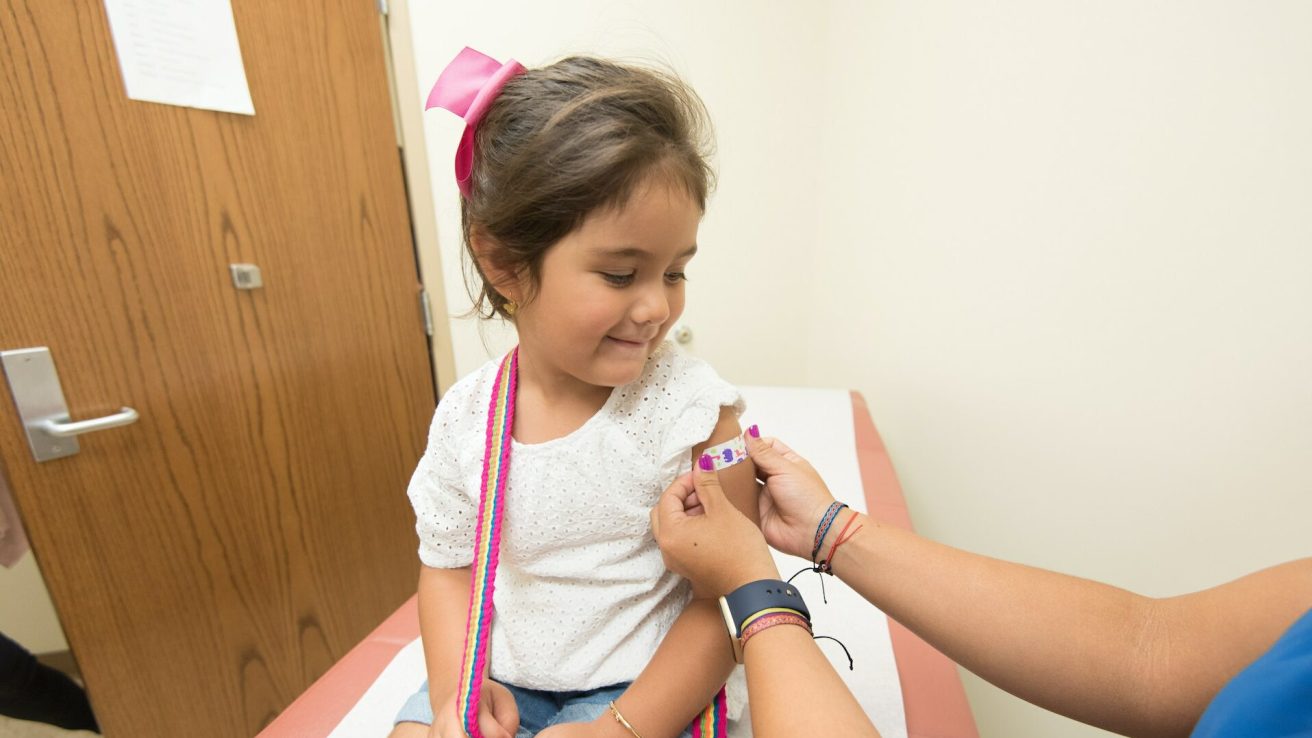With the recent approval of the monoclonal antibodies palivizumab and nirsevimab and their encouraging results from a current phase III maternal immunization trial, respiratory syncytial virus morbidity and mortality will likely be significantly reduced.
Respiratory syncytial virus (RSV) causes most lower respiratory tract infections (LRTI) in children and accounts for over 3.6 million hospital admissions annually. Long-term respiratory complications have also been associated with this viral infection, and they can last for up to 3 decades after the initial infection. This study, published in the journal BioDrugs, reviewed various immunization programs and RSV prevention strategies for children.
Oxygen Treatment and Nutritional Support Are the Current Standard of Care
Oxygen treatment and nutritional assistance are the mainstays of RSV LRTI management. However, a number of novel drugs and therapeutic regimens are under investigation, including trivalent nanobodies that bind the antigenic epitope site II of the F protein, fusion inhibitors, a non-fusion N-protein inhibitor, and RSV polymerase inhibitors. The focus has been on preventing RSV LRTIs by passive or active immunization due to the limited treatment options for RSV LRTIs, other than supportive care for symptoms.
Passive Immunization and New Trials Against Respiratory Syncytial Virus
RSV-neutralizing antibodies, such as polyclonal or monoclonal antibodies, are given as part of passive immunization against the virus. Initial applications of RSV immune globulin intravenous (RSV-IGIV) were restricted to preterm newborns or those with chronic lung diseases. RSV-IGIV was substituted with the humanized monoclonal antibody palivizumab, which has been beneficial in lowering RSV hospitalizations, especially in preterm newborns with or without bronchopulmonary dysplasia. Before the RSV season, a single intramuscular injection of the genetically modified monoclonal antibody nirsevimab is given. Clesrovimab, another long-lasting monoclonal antibody that targets a particular area of the RSV F protein, is now in phase III clinical trials.
Importance of Active Immunization Against Respiratory Syncytial Virus
Through maternal–fetal antibody transmission, vaccination of pregnant women seeks to prevent RSV LRTI in their young offspring. Additionally, babies delivered to women who received the influenza vaccine had a 43% decreased risk of all-cause severe pneumonia hospitalization for the first three months, demonstrating that the vaccine protects by preventing influenza.
Efficacy of Pfizer Vaccine in Pregnancy
Bivalent RSV-A and RSV-B vaccines (Pfizer) administered to pregnant women between 24 and 36 weeks of gestation showed promising outcomes in phase IIb research, and these antibodies were successfully passed on to their babies. Another maternal vaccination, RSVPreF3, which was given to mothers in their second or third trimester, was well tolerated. The phase II and III studies for mRNA-1345 (Moderna) is now underway, and promising results are expected.
Source
Verwey, C., & Madhi, S. A. (2023). Review and Update of Active and Passive Immunization Against Respiratory Syncytial Virus. BioDrugs, 37(3), 295–309. https://doi.org/10.1007/s40259-023-00596-4








